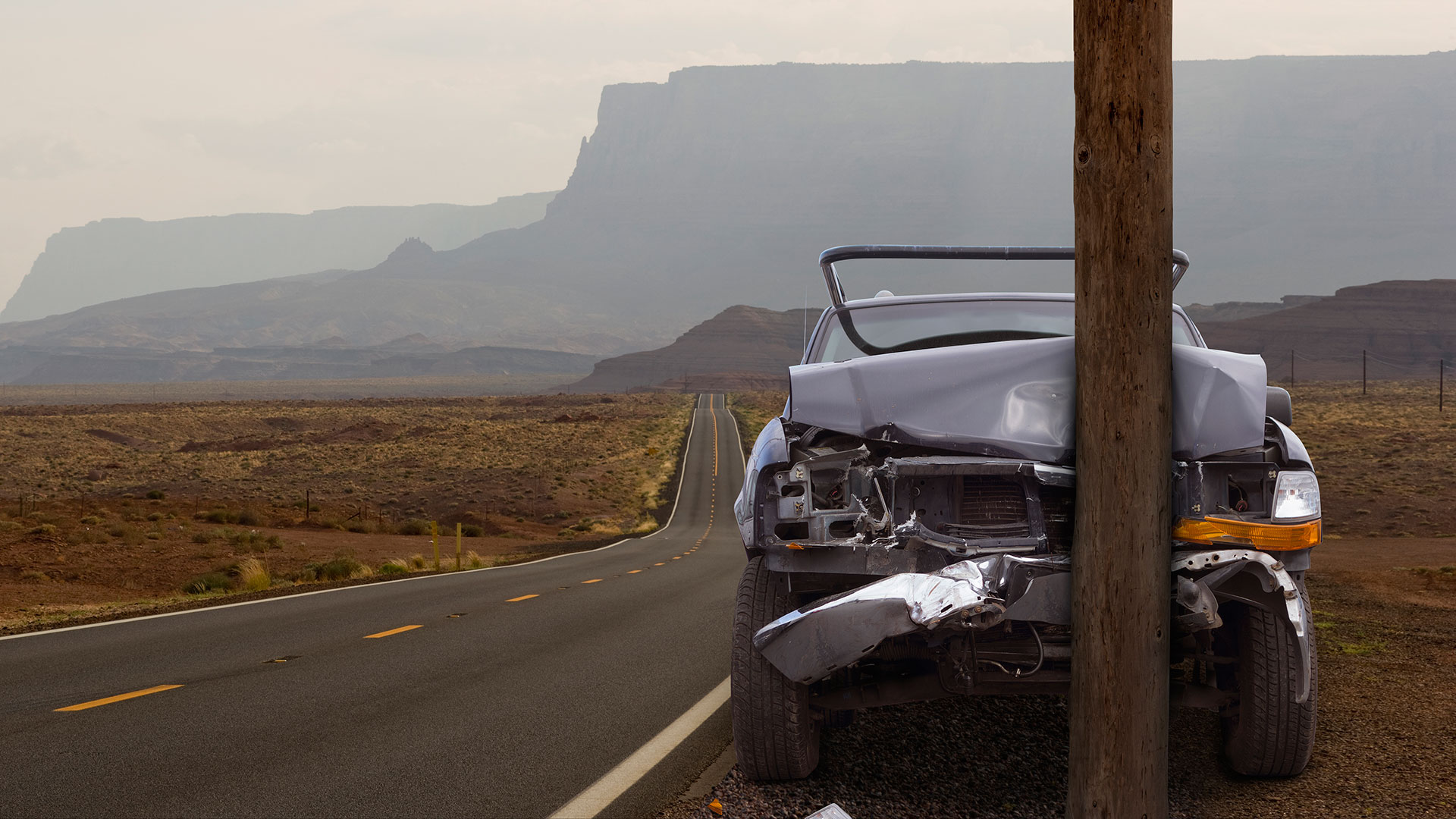

The Drive assistant editor Max Goldberg is practicing New York State EMT. The following information is culled from his contacts in the local emergency-services community, many of whom requested anonymity due to the anecdotal nature of their contributions.
First-responders know the scene all too well: a gruesome accident, a field of shattered glass and twisted metal and fatally injured parties—and an intoxicated motor vehicle operator sitting on the side of the road with nothing more than a bloody nose or a minor contusion. If you watch the news—any news, anywhere, unfortunately—the too-common reports of incidents like these seem to lend credence to the notion that drunk drivers are more likely to survive major collisions than sober operators or passengers. My own experience as an EMT backs this up. The question is: why?
If you’ve ever watched video of a motor vehicle collision in real time, or slow motion, you’ll notice that a sober operator typically braces for impact—he jams his foot on the brake, grabs the steering wheel, or braces his hand on the roof during a roll-over. This sort of tension requires the constriction of muscles, which actually increases the chance of injury because it decreases the distance of deceleration. Think of it like catching a baseball: if you “soft catch” by letting your arm bend to absorb some of the impact, it will hurt a lot less that catching it with your arm locked straight out. Or, as a New York-area ER doctor puts it, “trauma is all about the force of the mechanism of injury, and survival is directly related to reducing that force.

Most vehicle collisions involve three separate impacts: the vehicle hitting an object; the operator (or passenger) hitting the interior of the vehicle; and that person’s internal organs slamming against the inside of his body. During the course of these three impacts the individual is undergoing rapid deceleration, causing enormous strain on their solid organs and bones—often the cause of fatal injuries. Sober people who have tensed themselves prior to the collision experience the second and third impacts occur more closely, reducing the chance for energy absorption and compounding the effects. But it’s different for an intoxicated party.
“Alcohol, as a depressant, slows down someone’s reaction time, which includes reaction time for an impending collision,” says a New York-area paramedic and firefighter. Ironically, he says, “there’s a greater likelihood the intoxicated party will be less severely injured because they don’t anticipate the impact.”
By not bracing for impact, the intoxicated person’s body is able to take the path of least resistance during a collision—it’s not uncommon to find a drunk person curled up, relatively unharmed, in the car’s front foot well—and is also more able to absorb the energy caused by the impact. According to Medevac nurse Kaitlin McLoone, staying as relaxed as possible during an impending impact is good advice for everyone. “Try to relax as best as possible,” McLoone says, “and don’t try to control your body, or grab for anything.”

As a final takeaway—besides the obvious, pre-Memorial Day reminder that you should never, ever drink and drive—consider that, while some may call the intoxicated driver who survived an otherwise fatal collision unscathed “lucky,” he’s anything but.
“Most patients who are involved in a motor vehicle accident where alcohol played a role are unaware of what they have done,” says a Westchester Medical Center trauma nurse. “They’re usually unaware of where they are, what happened to them, what even brought them to the hospital. And many times, they don’t even remember the events leading up to the accident. These patients not only ruin their own lives but their family’s, as well as every person and every person’s family involved in that accident. The physical injuries may heal in a few weeks, but the mental effects of the accident will take years to overcome.”